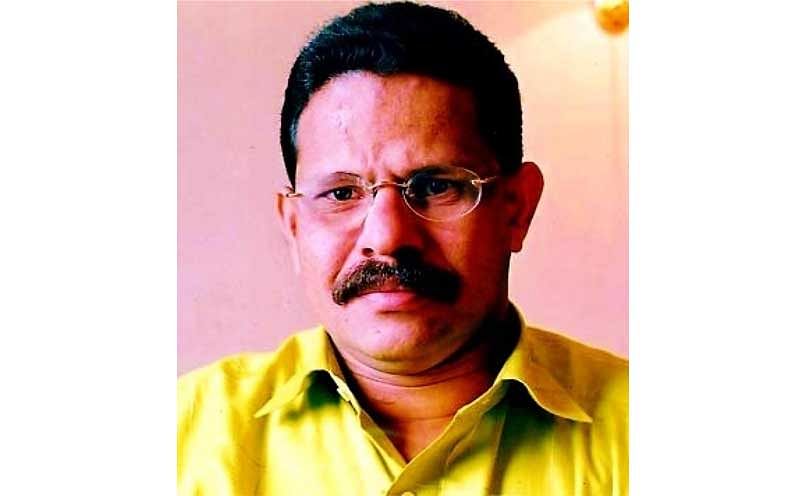
Late in June, it was a letter from CPM veteran and Kerala’s former chief minister V S Achuthanandan to State Police Chief Loknath Behera that expedited registration of a case of sexual abuse, against four priests of the Malankara Orthodox Syrian Church (MOSC). The police had faced criticism for its failure to act against the culprits; the argument was that the complainant, the survivor’s husband, approached the Niranam Diocese of the Church, and not the police, to seek intervention.
Close to a month after the case was registered, public response — especially on social media — to the story of abuse remains relentless, most of it pegged to demands for greater transparency in the functioning of the church and some, predictably veering to allegations that appeasement politics has delayed action against the accused.
The scandal which hit MOSC, followed by the allegation against Franco Mulakkal – Bishop of the Roman Catholic Diocese of Jalandhar – of sexual abuse of a nun
from Kottayam has turned the heat on churches of different denominations in Kerala. With representatives and supporters of the churches hitting back with counter-charges against the complainants, social media discussions around the two cases have also been reduced to ugly spats.
“It’s getting worse – supporters of the Church (MOSC) are now appearing on television debates to raise the absurd logic that the relationships were consensual. They are shaming the victim by saying she never complained of any abuse all these years. Does sexual abuse cease to be abuse if it’s not reported within a specific period of time?” asks human rights activist Jomon Puthenpurackal.
The activist has fought a 26-year-old case involving the murder of Abhaya, a Catholic nun. The body of 19-year-old Sr Abhaya was found in the well of St Pius X Convent, in Kottayam, in March 1992. The CBI charge-sheet said she was assaulted by two priests and another nun after she witnessed them in an intimate position. In March this year, a CBI court discharged one of the accused priests and ordered the others to face trial. “It’s a different church now but some of the arguments backing the priests are similar. It doesn’t help that many who know the truth choose to remain silent; some of them don’t want to antagonise the church, some don’t want to lose votes by getting involved,” says Puthenpurackal.
Activists including Puthenpurackal point out that some of the supporters of the Catholic Church have refused to call the nun a victim. A guest column in Indian Currents, a weekly magazine run by the Capuchins of Krist Jyoti Province of North India, questioned authenticity of the allegations of abuse, raised against the Catholic Bishop and the MOSC priests.
“At no point did this school teacher feel that she was being led up the garden path by some sex-hungry priests. She is not known to have made any complaint of her own. In fact, the first complaint was made by her husband when she paid money using his mobile-linked credit card (at a hotel in Kochi where she was allegedly with one of the priests). Otherwise, we would not have known about the rapes...” A J Philip wrote in the column ‘Villains as Victims’.
Votes, power and money
The column, and other voices that questioned the survivor’s intentions, did attract criticism but the general response from women’s outfits and cultural icons has been guarded. The caution exercised here has, again, set off an old question – why is crime looked at differently when it involves religion?
“The present issue cannot be separated from the overall abuse of power across churches. It involves personal gains for people in high positions, it involves undemocratic governance. Political parties will not get involved beyond a point because it, ultimately, is about votes, power and money,” says Lalan Tharakan, president of the Joint Christian Council. The council is one of the outfits that call for reforms in the Church to ensure greater transparency, including implementation of the Church Act proposed by the Law Reforms Commission.
The counter-argument is that in times defined by whataboutery and identity politics, caution works better than an all-out offensive.
Kodiyeri Balakrishnan, state secretary of the ruling CPM, said in a Facebook post that fringe elements should not be allowed to use “a few incidents” to target the Church and undermine its immense contribution to the health and education sectors.
The shaming, meanwhile, has continued. Fr Abraham Varghese, the first accused in the case, even uploaded – and soon deleted – a YouTube video dismissing the allegation and revealing the identity of the survivor.
Also read: Rape in the Syrian church
Tracing the origins of St Thomas the Apostle